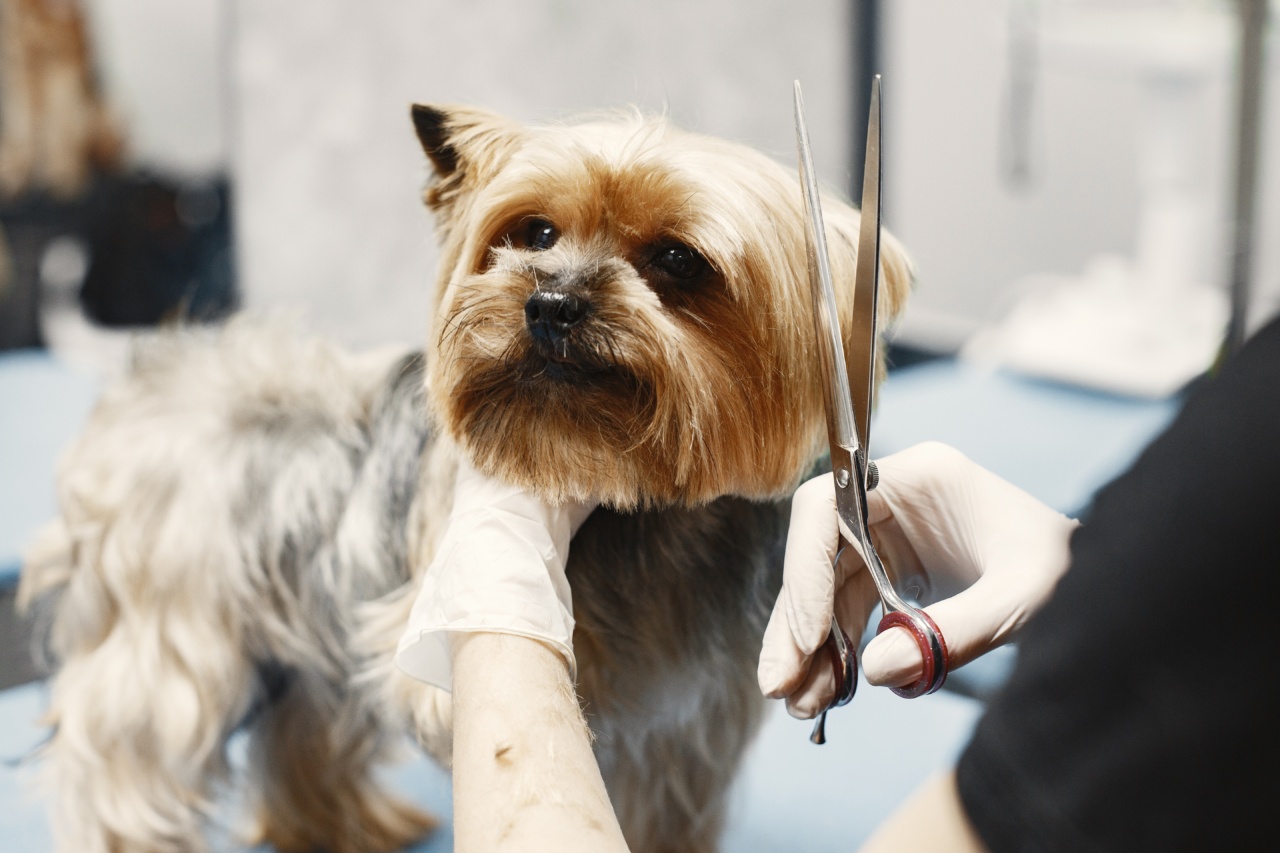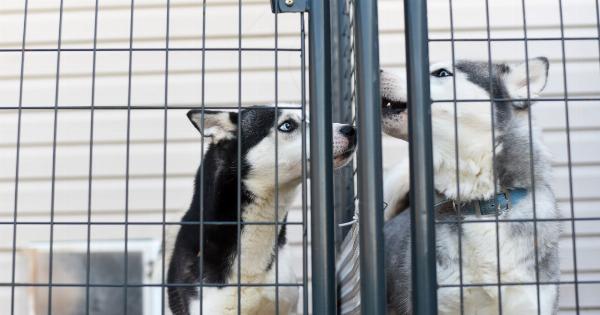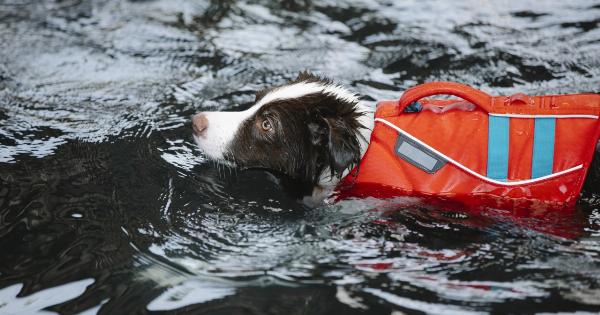Getting a pet is an exciting experience for many. Pets offer companionship, and with the right care, they can live for many years. However, as much as it is a source of joy, it is also a significant commitment.
Before getting a pet, it is essential to do your due diligence and ensure that you understand what you are getting into. Here are ten essential things you need to know before getting a pet.
1. Type of Pet
The first thing to consider when getting a pet is the type of animal that will best suit your household and lifestyle. Different pets require different levels of care and attention, so it’s important to pick one that you can manage easily.
Consider factors such as size, temperament, diet, grooming needs, and activity level when selecting a type of pet.
2. Cost of Care
The cost of care for a pet can differ significantly depending on the type of animal you choose. Before getting a pet, research the expense involved in caring for it.
Consider the cost of food, grooming, veterinary care, and other supplies, such as toys, cages, and bedding. Plan a budget that includes all these costs and make sure you can afford it before you commit to owning a pet.
3. The Time Commitment Required
Many pets require time and attention from their owners. You need to factor in the amount of time you can realistically devote to your pet each day and ensure that it is enough to meet your pet’s needs.
Some pets require more attention and supervision than others, such as puppies or kittens that need to be house-trained, walked, or entertained regularly.
4. Pet-Friendly Housing
If you are a renter, it’s essential to check with your landlord to see if pets are allowed on the property. Some landlords do not allow pets, and others might impose restrictions or require extra deposits or fees.
Additionally, you should consider whether your home is suitable for your pet. For example, if you get a large dog, you need to ensure that you have adequate space for it to move around and play.
5. Training and Socialization
Most pets require some training, and some need socialization, especially puppies and younger pets. Before getting a pet, research training and socialization techniques and consider the time and effort it will take to train and socialize your pet.
Proper training and socialization can help your pet develop good habits, be more comfortable around people and other animals, and be more comfortable in its environment.
6. Health Care Needs
Your pet will need regular health care, including routine check-ups, vaccinations, and emergency care when necessary. Before getting a pet, research the veterinary care in your area, and determine the cost and availability of these services.
You should also plan for routine veterinary care and factor it into your budget.
7. Grooming Requirements
Most pets require grooming to keep them healthy and clean. Depending on the type of pet you choose, grooming needs can vary from basic brushing to haircuts, regular baths, nail trims, and other grooming services.
Before getting a pet, research the grooming requirements of the animal you choose and factor in these costs and equipment needs into your budget.
8. Compatibility with other pets and family members
If you have other pets or family members, it’s important to consider your new pet’s compatibility with them. Some pets get along well with others, while others do not.
Before getting a pet, discuss with your family members and any other pets you have and ensure that everyone is happy with the decision.
9. Responsibility of Ownership
Pet ownership is a significant commitment that requires responsibility. You will need to ensure that your pet is fed, exercised, and groomed regularly. You will also need to pay for veterinary care, insurance, and other expenses.
Before getting a pet, make sure you are prepared for the responsibility that comes with pet ownership.
10. Timeframe for Care
Different pets have varying lifespans. Before getting a pet, research the average life span of the animal you choose and consider how long you will be able to commit to its care.
Some pets, like dogs and cats, can live for several years, while others, like hamsters or guinea pigs, have much shorter lifespans. Ensure that you are prepared to take care of your pet for its entire life.































